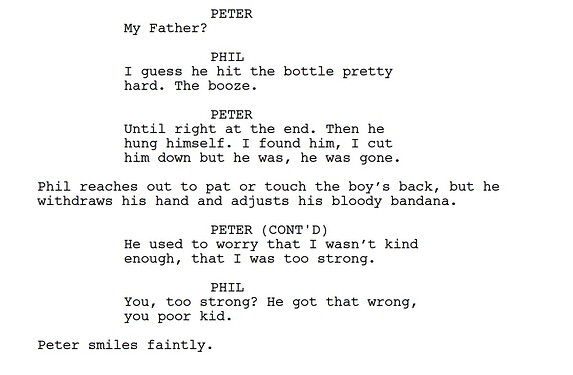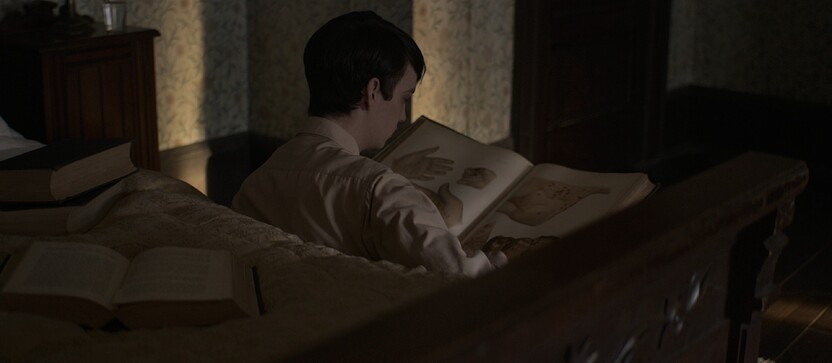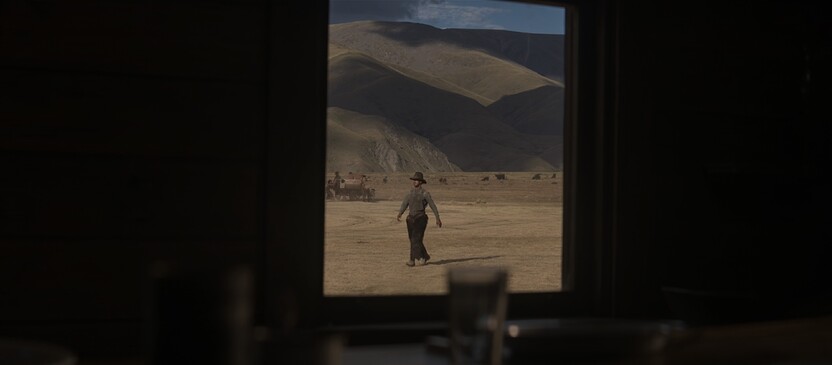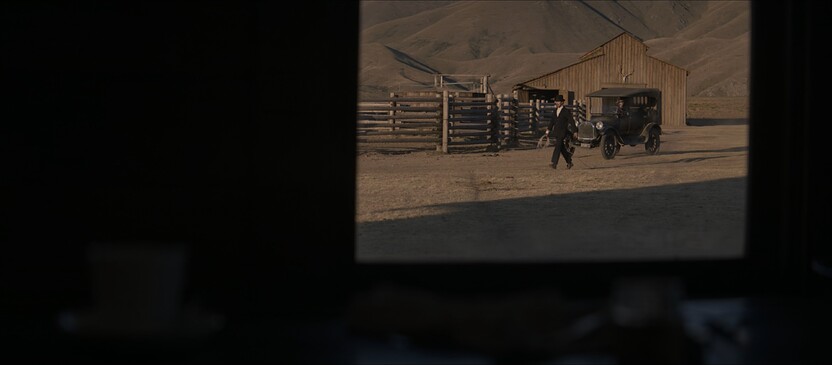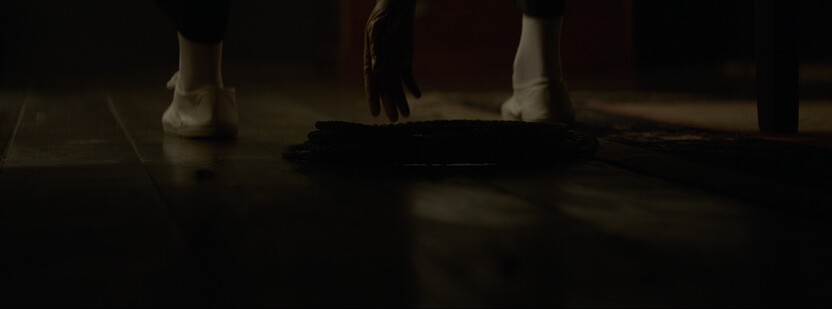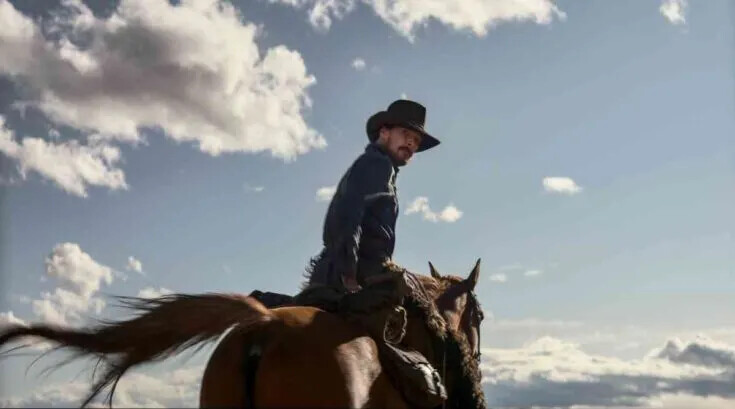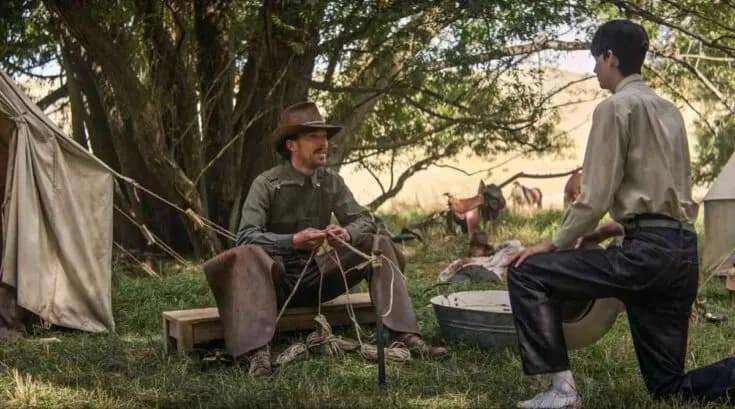This was definitely my favorite movie of the year. Just masterful the way it subtly builds toward something completely unexpected yet deeply satisfying and organic. And the craft of the thing in every department was just superb. Jonny Greenwood had a hell of a year with Spencer and Licorice Pizza and this.
Homme fatale is pretty hilarious and apt.
OH SO MANY SPOILERS AHOY!
On second viewing, that moment @anonymgeist referred to really hit different…
It made me sympathetic to Pete’s father trying to reckon with what kind of son popped out of him… not kind enough and too strong. Yep, that’s a pretty spot-on concern there, Pete’s dad!
And speaking of hits different, how about that opening voiceover narration from Pete? “When my father passed, I wanted nothing more than my mother’s happiness. For what kind of man would I be if I did not help my mother. If I did not save her.” What kind of man, indeed! Just awesome how subtly and succinctly this tells us the whole movie before it starts.
I agree that the moment when Phil calls Pete over at the picnic is a really meaningful turning point. What on first viewing reads as vaguely sinister on Phil’s part later appears to be a genuine attempt to give the boy a Bronco Henry father figure, mentor, and perhaps lover. It’s tragic and forces us to interrogate our interpretation of Phil’s nature and intent. And I love the dolly shot of Pete that precedes this turning point as he walks, seemingly uncaring or oblivious, past all the ranchers with their cat calls and mockery, as if he’s on a cat walk at a fashion show.
I also read it as though Pete genuinely stumbled on Phil’s little stash of Physical Culture magazines (God, those photos!) rather than following or stalking him.
I think the moment where Pete decides to take action and save his mother comes later, right after he sees her drunkenly slurring about a teacher who gave her stars and drawing one in sugar on the table. Pete forcefully tells her, “Mother, you don’t have to do this. I’ll see you don’t have to do it.” Then, cut to–
Doing his own research. This moment didn’t really register as anything the first time I watched the film but it’s hugely significant if you know what’s coming.
Also amazing in this script is how the only dialogue between Phil and Rose is when she moves in after the marriage and tries to talk to him, “Well, it’s good to have arrived Brother Phil.” He shoots back, “I’m not your brother and you’re not my sister. You’re a schemer.” That’s it for them. After that, they only communicate via piano, banjo, whistling, and the cruelty/fear in their eyes.
And man, all those braided ropes and gloves! Talk about meaningful symbolism.
The first time I saw the film, I thought the title simply referred to the Bible quote but then on second viewing, it was my daughter who pointed out that Pete seeing the dog silhouette in the shadows on the mountain was the title as well. Pretty obvious in hindsight but I didn’t make the connection right away.
Another favorite detail was the repetition and difference in the dolly shot from inside the house as we see Phil through the windows strutting in those chaps at the beginning and then his final shot, dead man walking, limping, wanting so badly to give the boy his rope.
Love this burial or kill shot also…
I still don’t know if my heart breaks for Phil or if he got exactly what he deserved.

